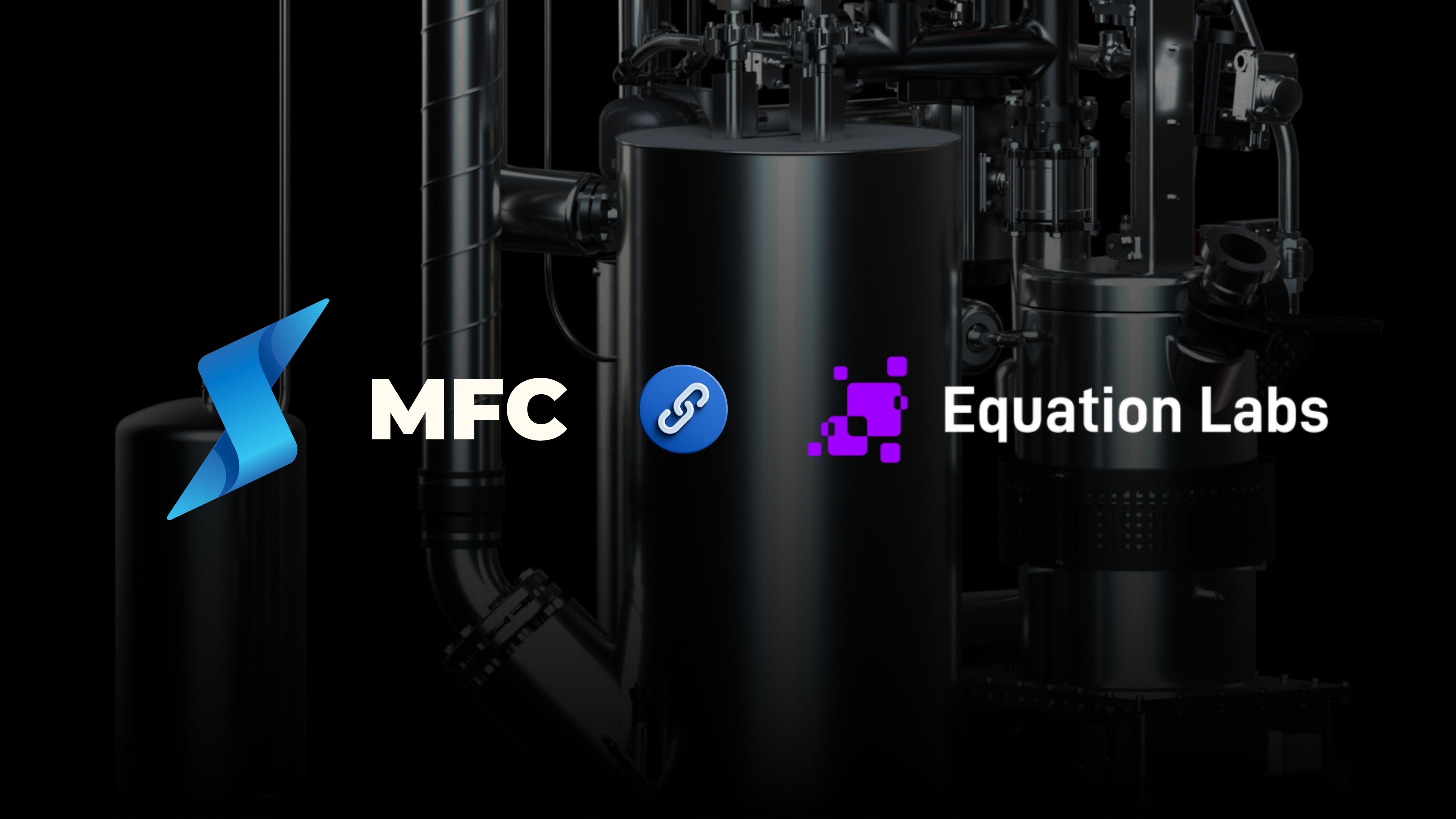In an era marked by a pressing need for sustainable energy solutions, MFC Energy, a trailblazing German engineering firm, is redefining the landscape of energy production. By harnessing the power of waste materials, MFC Energy is turning the challenges of waste management into opportunities for generating clean energy, focusing on advanced waste-to-energy technologies that produce syngas, hydrogen, and methane.
MFC Energy’s Visionary Leadership and Technological Innovation
At the helm of MFC Energy's innovative thrust is Michael Hoffmeister, a distinguished engineer whose expertise in thermochemical processes has led to several groundbreaking patents. Under his guidance, MFC has developed a robust portfolio of technologies that efficiently convert biomass, sewage sludge, and municipal solid waste into clean energy.
Central to MFC's technological arsenal is the X-150 technology, a system designed for its modular capability, quick assembly, and adaptability to various types of waste inputs. This technology epitomizes MFC’s approach to offering scalable solutions that are environmentally friendly and economically viable. The X-150 not only represents a significant technological achievement in terms of its operational efficiency but also in its minimal environmental impact, producing low emissions and high-quality biochar as a byproduct.
Innovative Projects Shaping the Future
MFC Energy's project portfolio illustrates the company's role as a pioneer in the waste-to-energy sector. The Paris Cometha project, for instance, is a flagship initiative where MFC has effectively turned a mix of sewage sludge, horse manure, and municipal solid waste into methane. This project not only underscores the technological adaptability of MFC but also highlights the environmental benefits of converting waste into clean energy.
Beyond just energy production, MFC’s technologies contribute to sustainable agriculture through the production of biochar. This substance, derived from the conversion processes, is used to enrich soil, which helps in carbon sequestration and enhances agricultural productivity. By integrating this byproduct into the agricultural sector, MFC promotes a circular economy where nothing goes to waste.
Global Impact and Community Empowerment
MFC Energy's technologies have a profound global impact, particularly in rural and underdeveloped regions. By decentralizing energy production, MFC’s systems offer a lifeline to remote areas, where traditional energy infrastructure is either absent or insufficient. This approach does not just alleviate energy poverty but also stimulates local economies through job creation in the installation, maintenance, and operation of waste-to-energy systems.
Furthermore, MFC’s commitment to reducing ocean waste by processing waste locally reduces the environmental footprint of communities worldwide and supports global efforts in marine conservation. The versatility and mobility of MFC's systems make them an ideal solution for island nations and coastal areas, where waste management is a significant challenge.
Sustainability and Environmental Stewardship
MFC Energy's dedication to sustainability extends beyond energy production. The company's processes are designed to have minimal environmental impact, reflecting a deep commitment to preserving ecosystems and reducing greenhouse gas emissions. The use of cutting-edge Ansys simulations ensures that each project is optimized for efficiency and sustainability, minimizing waste and maximizing output.
The Road Ahead: Challenges and Opportunities
As the global demand for clean energy continues to grow, MFC Energy is well-positioned to expand its technological offerings and explore new markets. The challenge remains to continuously innovate and adapt to changing waste streams and energy needs. However, the opportunities for growth are vast, particularly in developing countries where waste management and energy production are critical issues.
Conclusion
MFC Energy is not just participating in the global shift towards renewable energy; it is actively shaping the future of the sector. With a strong foundation in technological innovation, a commitment to environmental sustainability, and a proven track record of successful projects, MFC is leading the way in transforming waste into wealth. As we look forward to a more sustainable future, the role of visionary companies like MFC Energy will be pivotal in overcoming the twin challenges of waste management and clean energy production.
Discover More About MFC Energy
To learn more about how MFC Energy is innovating within the waste-to-energy sector and to explore their projects and technologies, please visit MFC Energy's official website.









